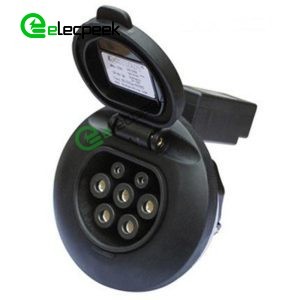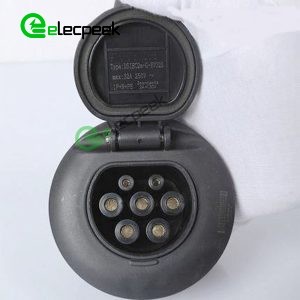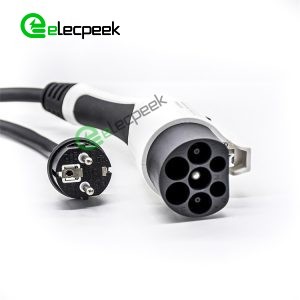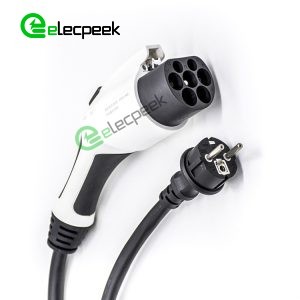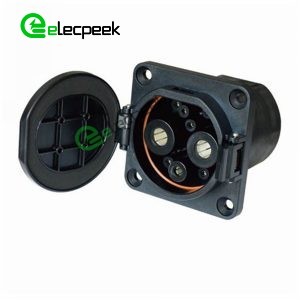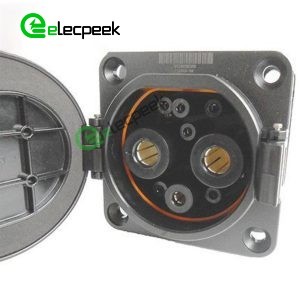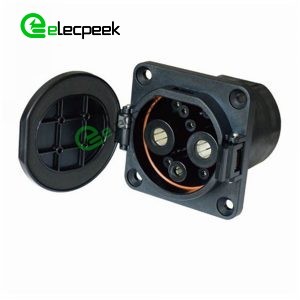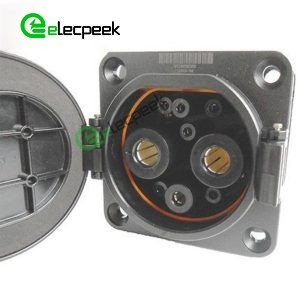GB/T AC EV Charging Station Connector 10A Plug Single-phase Car 250V for Charging Pile
- Copper Alloy Silver Plated.
- High Durability, Corrosion Resistance, Oxidation Resistance.
- Strong Waterproof Performance.
- Can Afford 1m Drop and 2t Vehicle Run over Pressure.
- Nice Appearance, Hand-held Ergonomic Design, Easy Plug.
Inquiry Form for Bulk Order?
Please fill in your details and requirements below, and our team will get in touch with you as soon as possible.
Renhotec is a manufacturer specializing in ev charging products. Additionally to the production, our company has design and r&d departments. Our main products are ev charging stations, ev cables and ev connectors. Along with the regular products we also offer product customization service upon the request in order to meet the local market preferences and needs.
GB Standards AC Charging Connector
| Material: | |
| Case Material: | Thermoplastic , Flame Retardant Grade Ul94 V-0 |
| Pin: | Copper Alloy , Silver + Thermoplastic on the Top |
| Electrical Performance | |
| Rated Current: | (AC)10A / 16A / 32A / 63A |
| Operation Voltage: | 250V or 440V |
| Insulation Resistance: | >1000MΩ ( DC500V ) |
| Terminal Temperature: | <50K |
| Withstand Voltage: | 2000V |
| Contact Resistance: | 0.5MΩ MAX |
| Mechanical Performance | |
| Mechanical Life: | No-load Plug in / Pull Out>10000 Times |
| Coupled Insertion Force: | >45N<80N |
| Environmental Performance | |
| Temperature Range: | – 30℃~ +50℃ |
| Protection Degree: | IP65 |
| Application | |
| Professional Charging Station | Berth |
| Parking Lots Parking Spaces | Residential Parking Lot |
| Weight | 78 g |
|---|---|
| Weight | 78 g |
| Weight | 78 g |
|---|---|
| CONNECTOR TYPE | Plug |
| RATED TYPE | AC |
The connector used for EV charging depends on your vehicle and region. In North America, you’ll often find the Type 1 (SAE J1772) for AC charging, while Europe uses the Type 2 (Mennekes) for the same purpose. For faster charging, CCS (Combined Charging System) is common—CCS1 in North America and CCS2 in Europe. Japan favors CHAdeMO for DC fast charging, and Tesla has its own Supercharger connectors. Knowing your EV charging connector ensures compatibility with local stations.
There are several types of EV chargers connectors to know about. Type 1 is used for AC charging in North America, while Type 2 is the standard in Europe. For DC fast charging, CCS1 and CCS2 are popular in North America and Europe, respectively, while CHAdeMO is common in Japan. Tesla vehicles use a proprietary connector but can adapt to others. China also has its GB/T standard. Understanding these connectors helps you choose the right setup for your electric vehicle.
No, EV charger connectors vary widely. North America often uses Type 1 and CCS1, while Europe relies on Type 2 and CCS2. Japan leans toward CHAdeMO, and Tesla has its own unique connectors. These differences mean that not all chargers work with every vehicle, so you might need an adapter when traveling or using a public charging station, depending on your car’s requirements.
When comparing CCS and CHAdeMO, CCS is generally faster in modern setups. CCS2, used in Europe, can deliver up to 350 kW for DC fast charging, while CHAdeMO’s earlier versions were limited to 50 kW. Although CHAdeMO 3.0 can reach 400 kW, it’s less common, and CCS is more widely adopted globally. For most drivers, CCS offers a quicker and more accessible charging experience.
The most common EV plug type varies by region. In Europe, Type 2 is standard for AC charging, paired with CCS2 for fast charging. North America uses Type 1 for AC and CCS1 for DC. Japan often relies on CHAdeMO, while Tesla has its own system. Globally, Type 2 and CCS are becoming the most popular due to their widespread use in new electric vehicles and charging networks.
A Type 2 EV connector, also called a Mennekes connector, is the standard for AC charging in Europe. It supports single- and three-phase power, delivering between 3.7 kW and 22 kW, making it ideal for home or public charging. With its 7-pin design, it ensures safe and efficient charging. Many EVs in Europe, including models from Volkswagen, BMW, and Tesla, use this connector for reliable performance.
A Tesla to J1772 adapter is a device that allows non-Tesla electric vehicles to charge at Tesla Level 1 or Level 2 charging stations, such as Tesla Wall Connectors or Destination Chargers. It converts the Tesla connector to fit a J1772 port, which is standard for most non-Tesla EVs in North America. The adapter typically supports up to 48A and 250V, enabling efficient charging. You simply plug the adapter into the Tesla charger, then connect it to your vehicle’s J1772 port to start charging.
A J1772 charger is widely used for Level 1 and Level 2 charging in North America, offering compatibility with most electric vehicles, including those from brands like Nissan, Chevrolet, and Ford. It supports charging speeds up to 19.2 kW (Level 2), making it ideal for home or public charging stations. The J1772 charger is also known for its safety features, like automatic shutoff, and its versatility, as it works with both 120V and 240V outlets, providing a reliable and efficient charging solution.

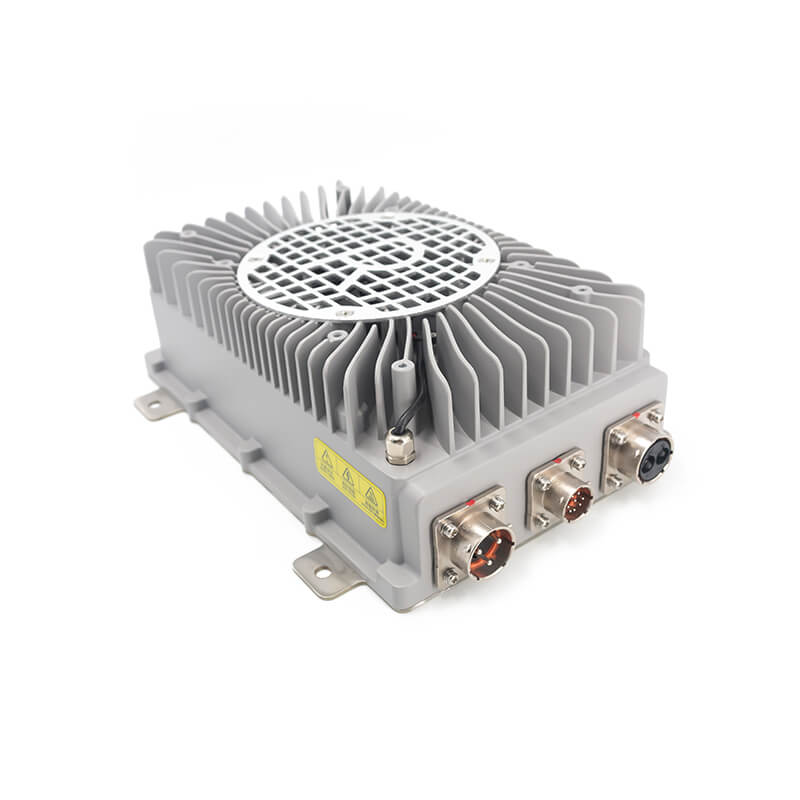
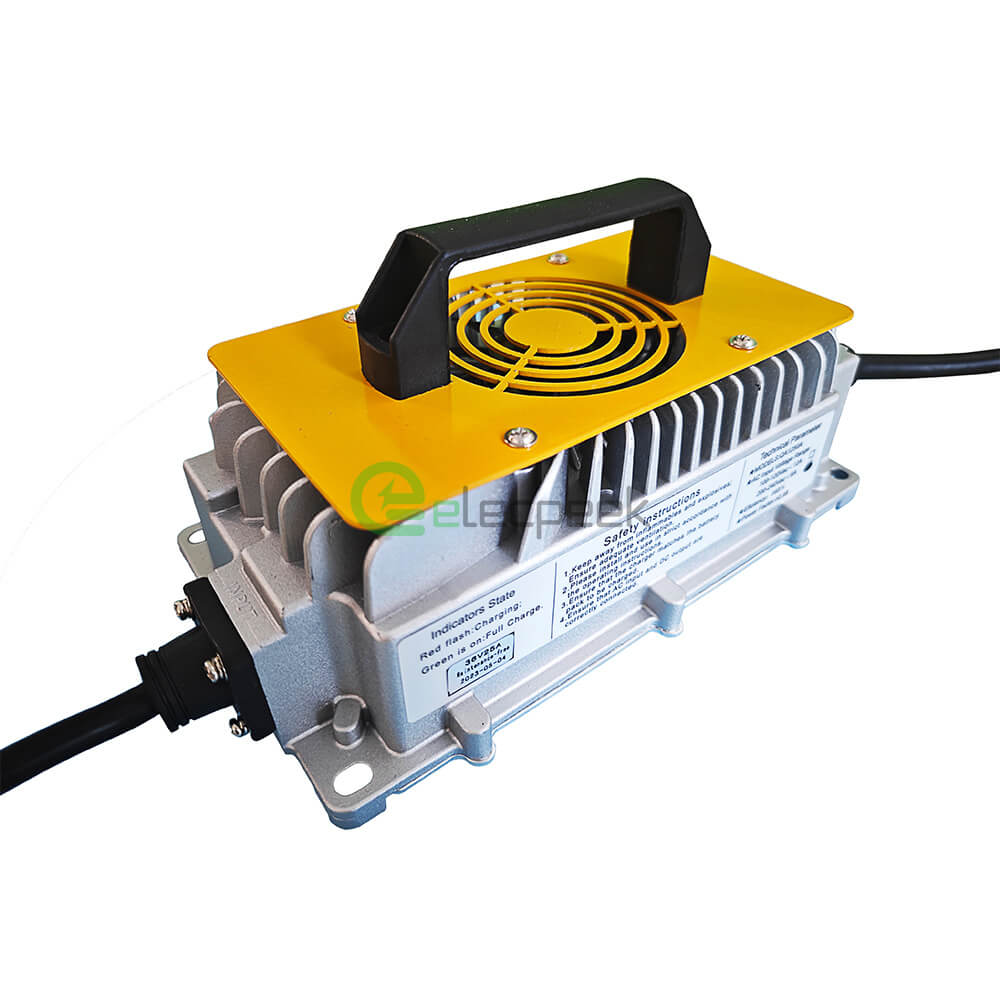
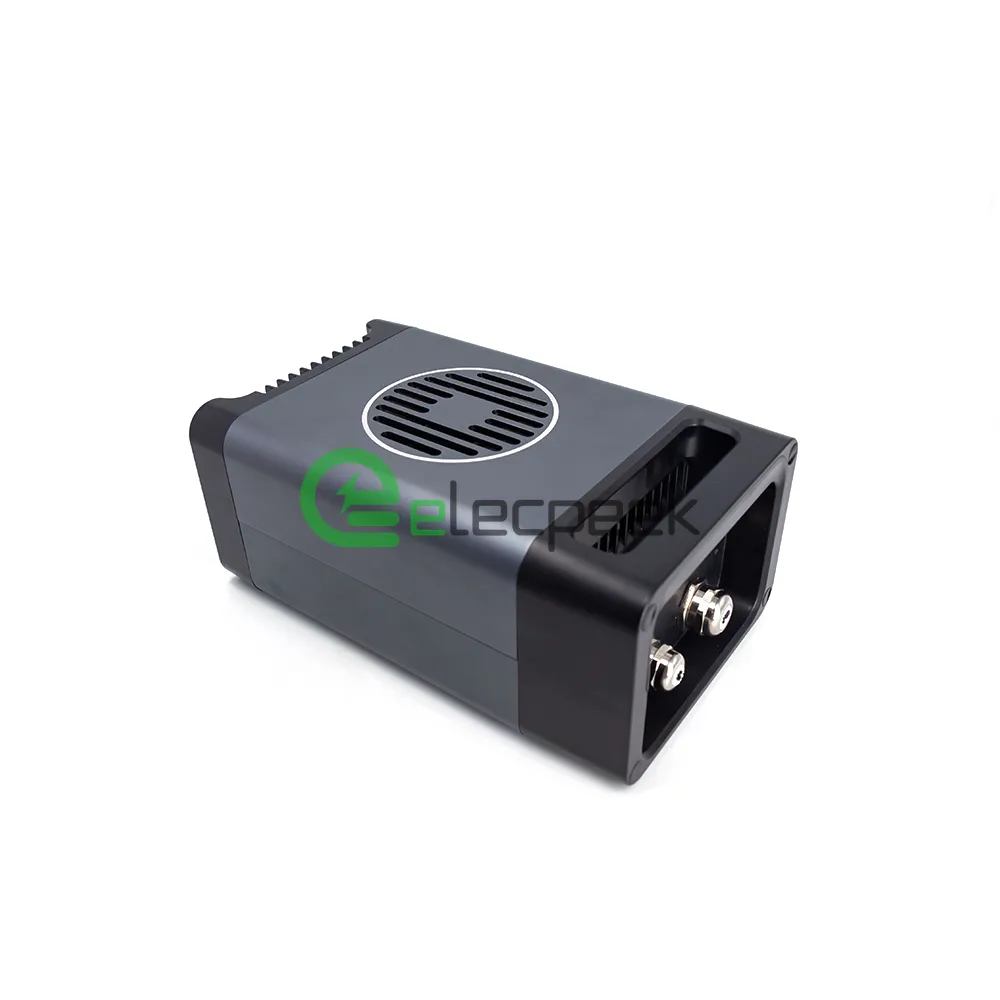
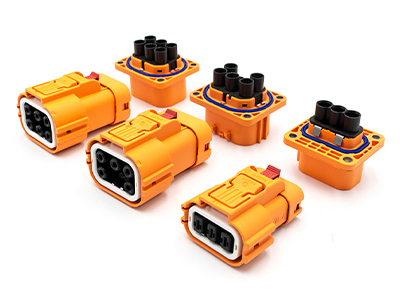
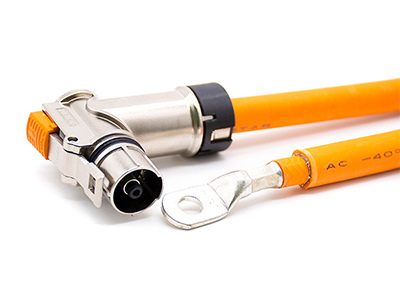
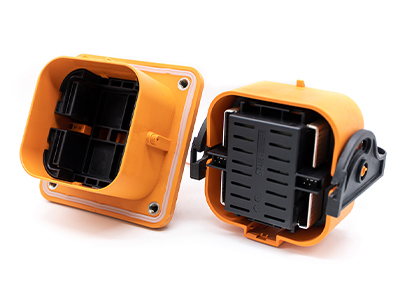
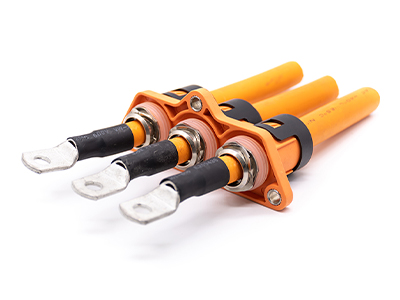
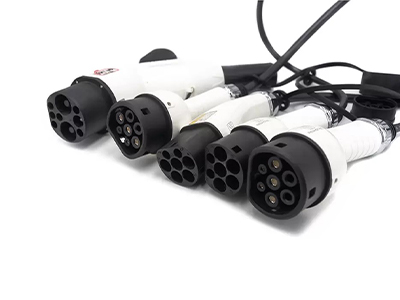
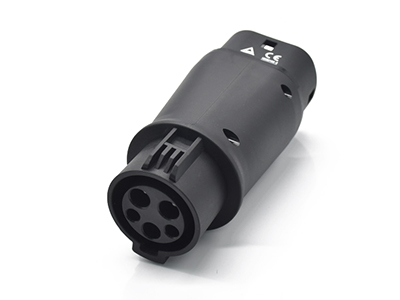
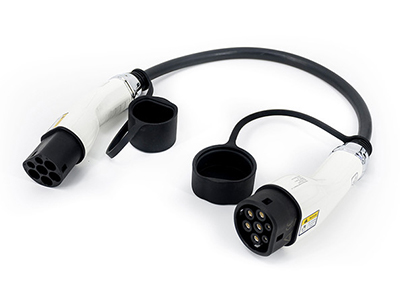
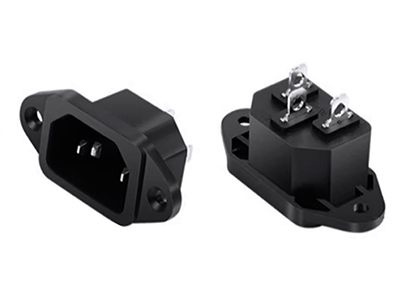
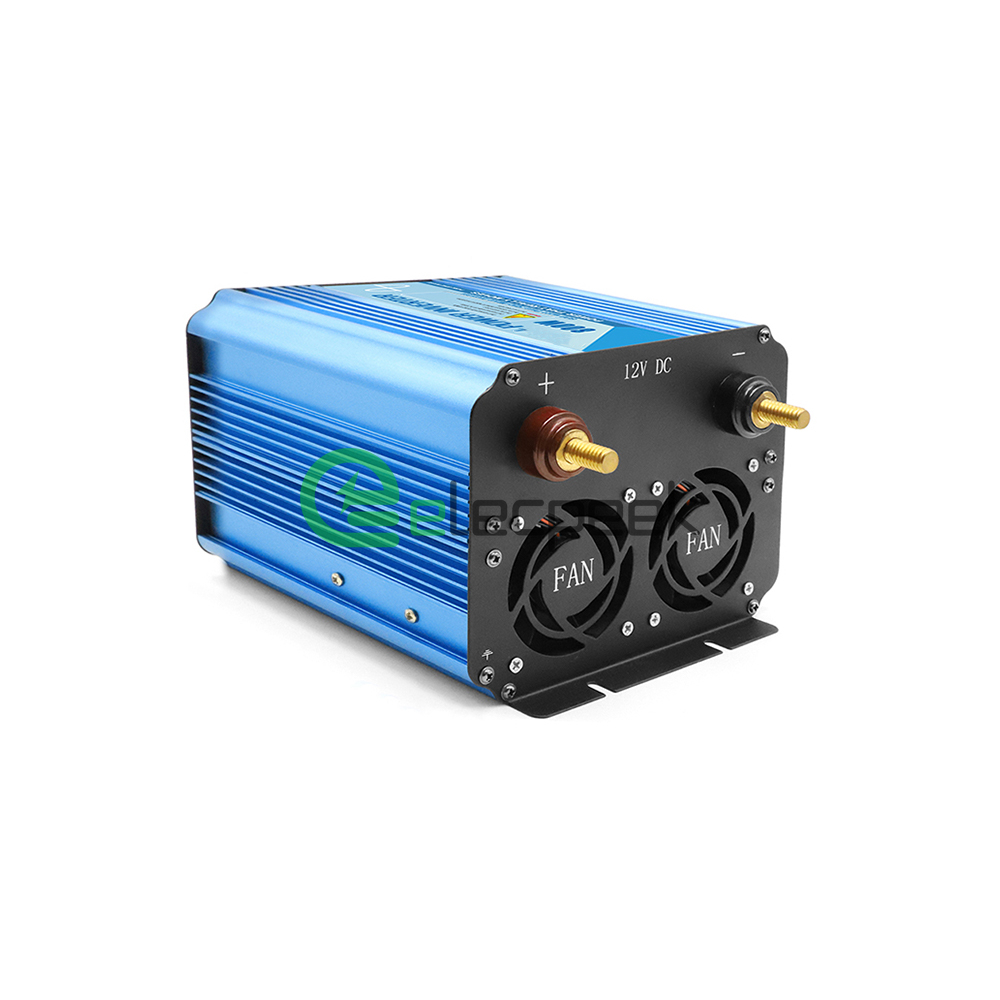
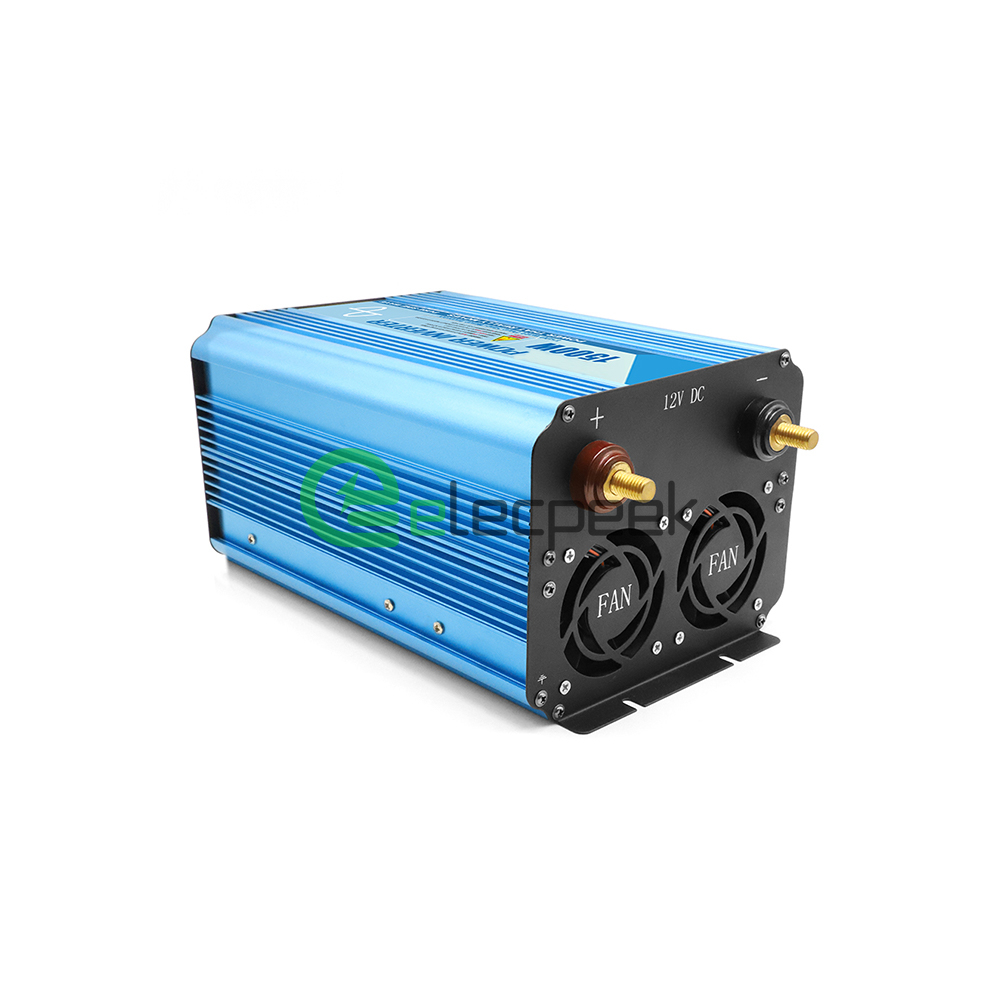
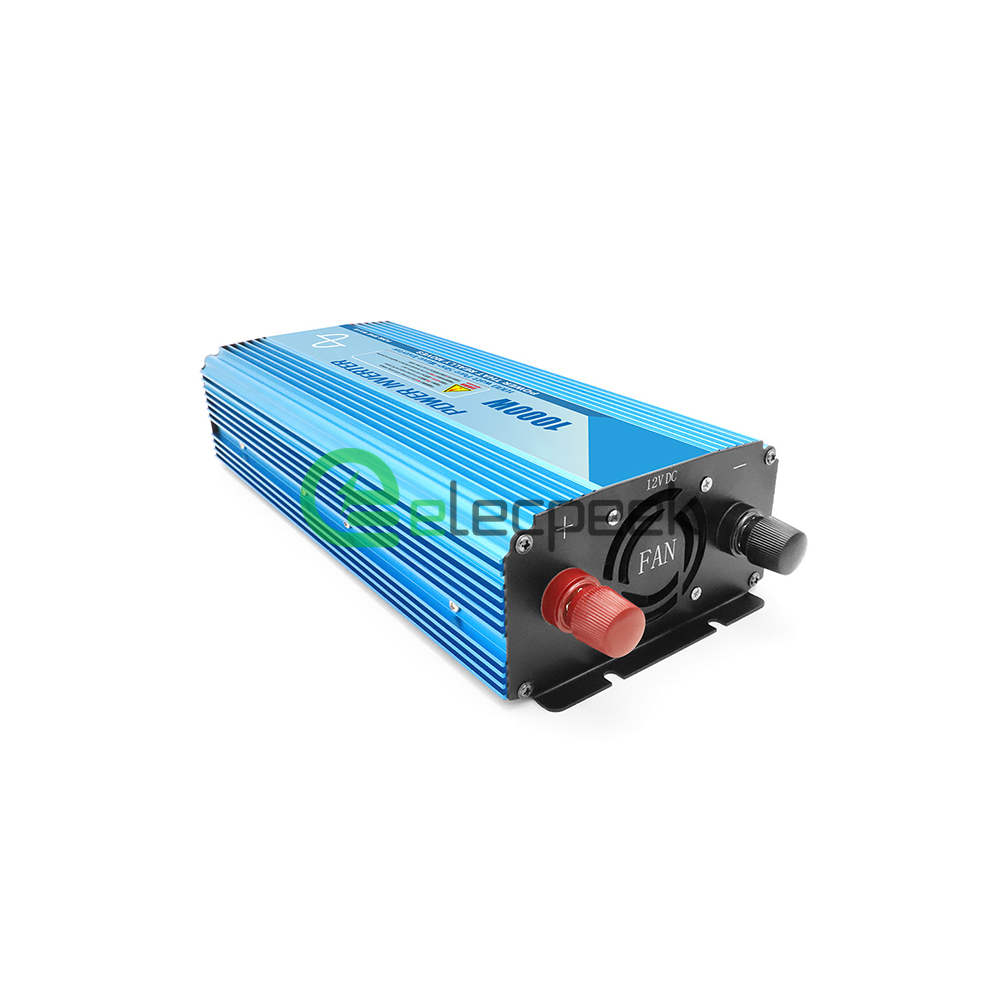
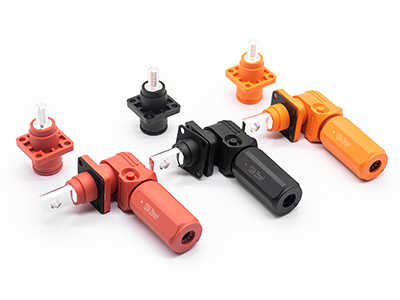
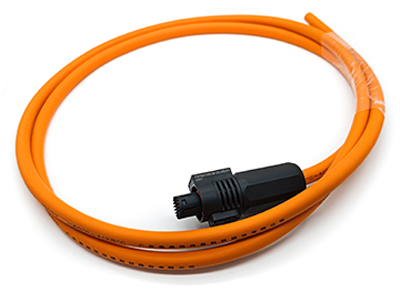
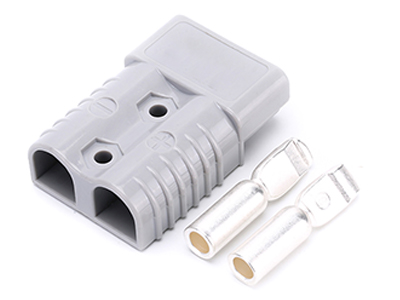
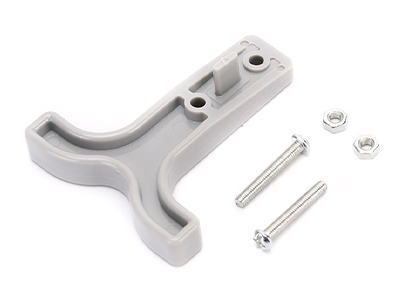
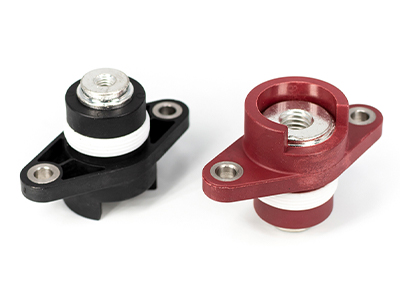
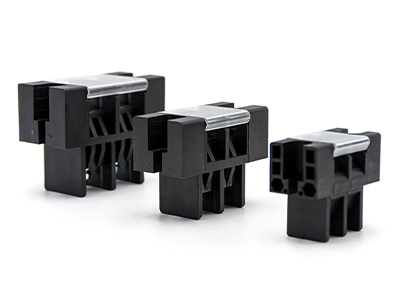
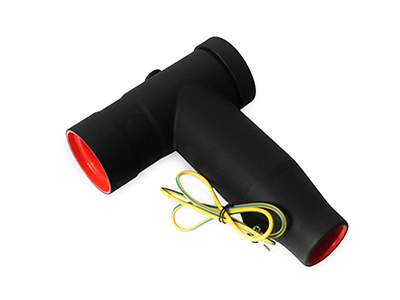
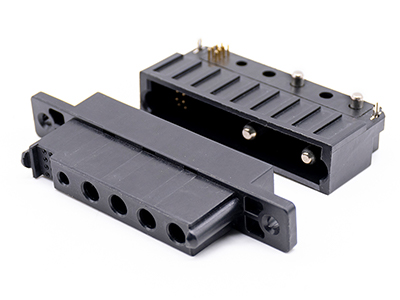
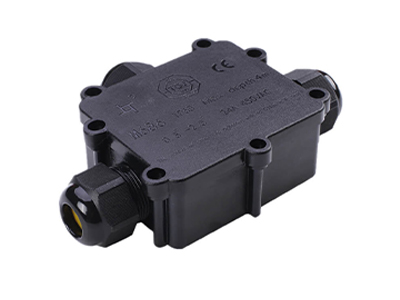

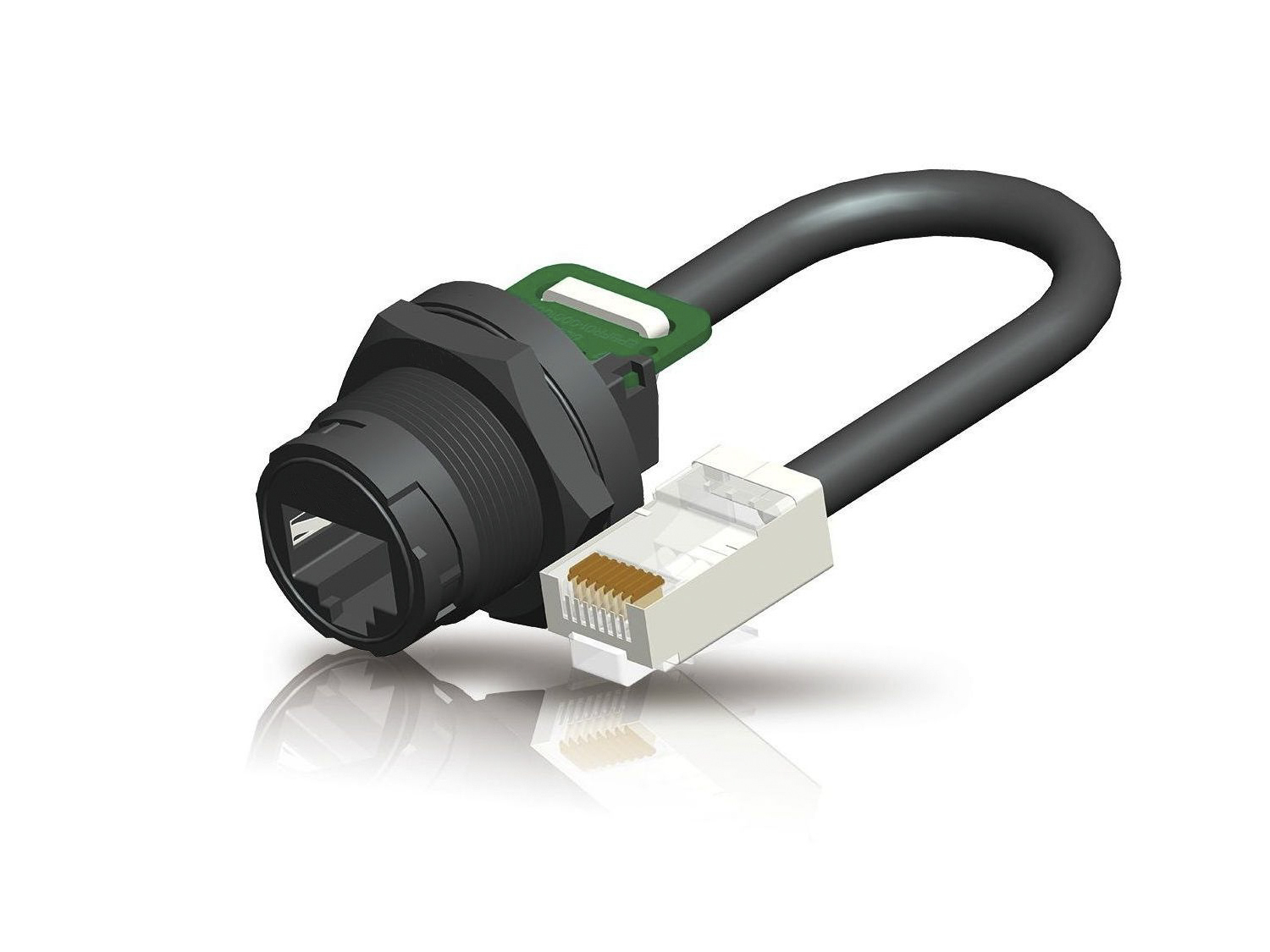
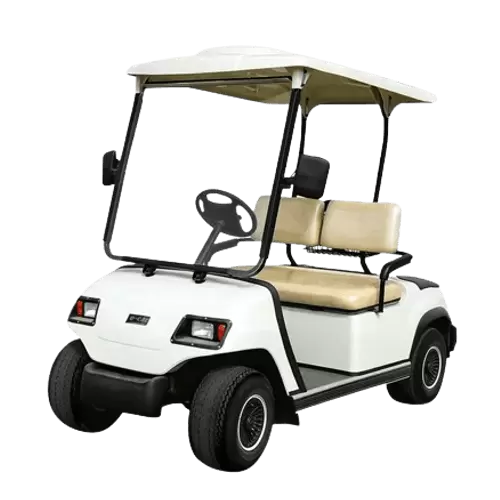

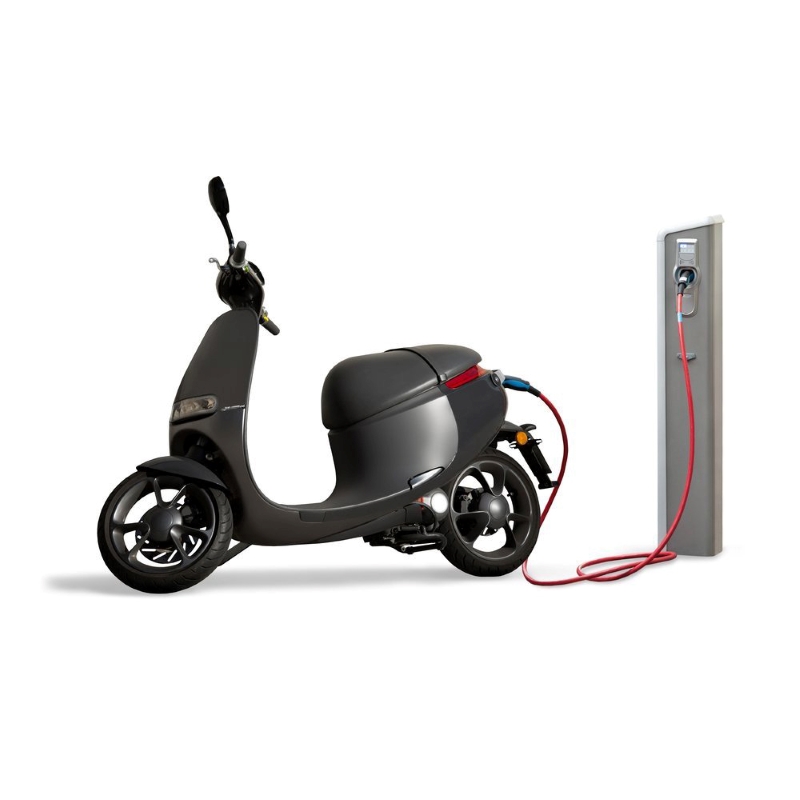
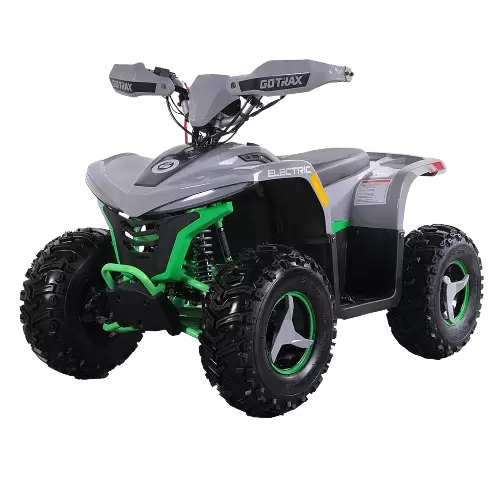

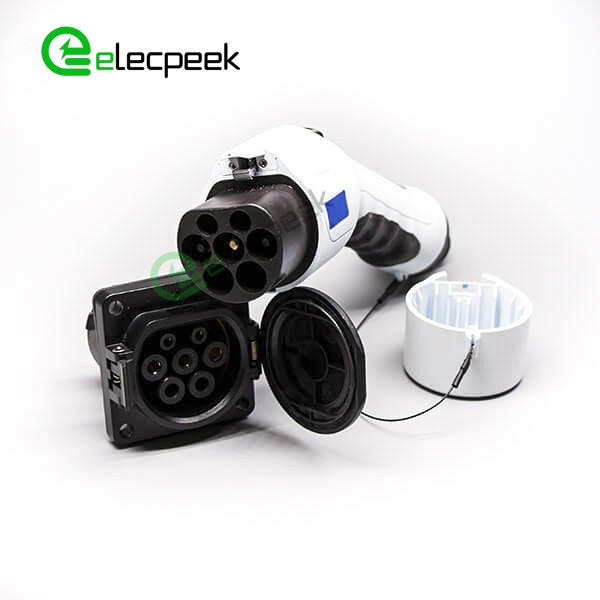
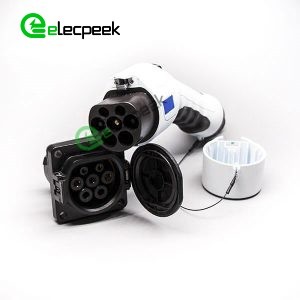
 Description
Description  Technical Data
Technical Data  FAQ
FAQ 